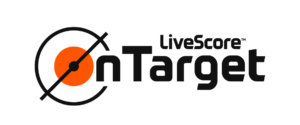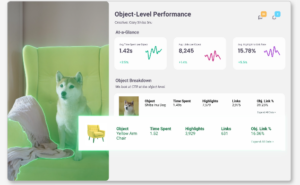Ahead of our Dragon’s Den-style Innovation Sessions event, where innovative tech companies will have the chance to pitch their solutions to agencies and brands, we talk to the judges to discover their views on innovation in our industry.
We spoke to Marcos Angelides, Chief Innovation Officer and Head of Strategy at Spark Foundry to find out why he’s excited about the dull-sounding but critically important Project Connected Home over IP and let down by Google Stadia.
What are you most hoping to see from the pitches at the NDA Innovation Sessions event?
Singlemindedness. A lot of innovation projects suffer from ‘scope creep’, where you just keeping adding more and more stuff to the original concept.
The best tech unapologetically focuses on one thing, but it does it better than anyone else.
What are the biggest challenges for agencies and brands in finding and deploying the best technical innovations?
Complexity. Most concepts fall down because they’re just too hard to untangle.
Brands have very limited resource, so the more you ask of them the less likely they are to say yes. Complexity also creates silos. Innovation needs to complement the existing plan, not work against it. And that requires simplicity.
What tech innovation have you been most excited about so far this year?
From a cultural perspective, Crowdless is a brilliant piece of tech. It uses anonymised data to assess when supermarkets have fewer crowds, helping people to maintain social distancing. Most impressively, it was conceived and prototyped within three days, which is a great reminder that an idea doesn’t mean much if it spends forever in development.
From a marketing perspective, the most overlooked announcement has been Project Connected Home over IP. The name is horrifically long and boring, but the concept is game changing.
It’s basically a pact between the big tech brands to build a consistent operating system for smart technology. This will allow people’s various tech to talk to each other (i.e. your Amazon speaker talking to your Samsung TV talking to your Nest doorbell talking to your connected car). It may not sound that pivotal, but it will ultimately be as important to smart tech as the national grid was to electricity.
What hyped tech innovation have you been most disappointed in over the last year?
It’s difficult to look past Google Stadia. The irony is it’s a great concept and it will turn into a brilliant platform, but they massively overpromised what to expect from the launch. Then they marketed the release to hardcore gamers, rather than casual players who would have been more forgiving of the bugs.
The strange thing is Google didn’t seem to be in a race with anyone, unlike in the foldable phone market, so they could have waited to get everything right the first time. But it will bounce back, cloud-based gaming is still the future.
What impact has the pandemic had on innovation in our industry?
Looking at the challenges, innovation will be under a lot of pressure because doing something different is risky and businesses are currently very risk averse. But from a positive perspective, those same issues may create a perfect storm for the industry.
Innovation is about solving problems that normal ways of working can’t fix. The pandemic will inspire a handful of people to invent solutions we couldn’t have envisaged before the crisis.








